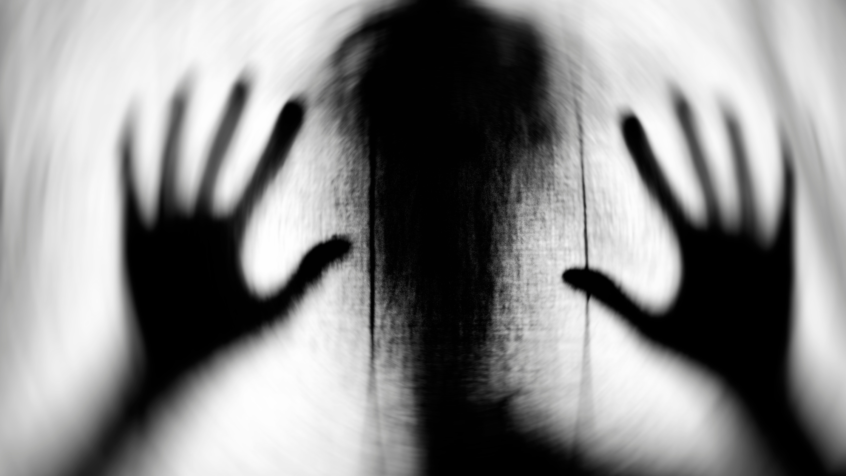My Mom grew up in a country farmhouse that was over 70 years old when she was born.
Her Dad was born in that house. So was her grandfather. Her grandparents and great-grandparents all passed away in the house, too.
The rumor was that the house had ghosts.
When she was a teenager, her friends and she put this rumor to the test. They played with an ouija board. They called up her grandmother using the board, and, so she says, the ouija board moved to indicate that her grandmother was in fact speaking to them.
Then, as they were still summoning her grandmother, the chandelier in the room fell and hit one of her friends. It was clear to them that my great grandmother was haunting them.
This story sounds fanciful. It makes for a great Halloween tale! (Though Mom swears it’s true to this day!) Yet, similar to Mom and her friends, we all summon ghosts. Sometimes the result is like a chandelier falling on our heads.
Our ghosts come in the form of interpreted experiences. It works like this: something happens to or around us, and we internalize it to make it mean something. Often, we don’t make it mean much, other times we make it mean something positive. Sometimes we make the experience mean something negative.
How we interpret current events is based on – you guessed it – the ghosts of our past experiences. The current experience is interpreted based on the most recent similar experience, which was interpreted based on a recent experience similar to that. Each experience is like a new dot on a line that links back to the original like experience.
In psychology, this mental organization is part of gestalt psychology. A principle of gestalt psychology that defines this is called continuity. It basically says things like memories & emotions are linked together along a line and that we perceive them as something whole rather than each individual experience.
If we interpret someone cutting us off in traffic as impeding our progress and get angry, we might also react with the same anger at ourselves for a misstep that impedes our progress toward a goal. If we become angry with ourselves from missteps, our results will come crashing down like a chandelier falling from the ceiling.
All of this anger on stopping our progress might come from a past experience from someone getting in our way as a small child. The ghost of that, because of gestalt continuity, can continue to haunt us today.
When we find ourselves triggered by something that brings up a negative emotion, self doubt, procrastination, etc., the best thing we can do is to examine what interpretation we are making. What are we making the experience mean to us and about us? By doing this exercise, which can be a really quick reflection, we’ll see how our perception can be shifted to change how we feel and respond.
By being proactive with our interpretations, we keep the ghosts of our past at bay. Unless, of course, we want to get out the ouija board and really talk with the ghosts. And if you do that, I hope the chandeliers in your house remain in the ceiling.

